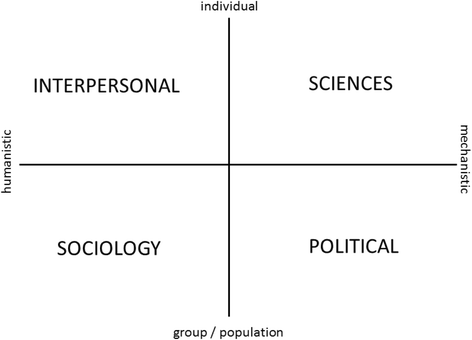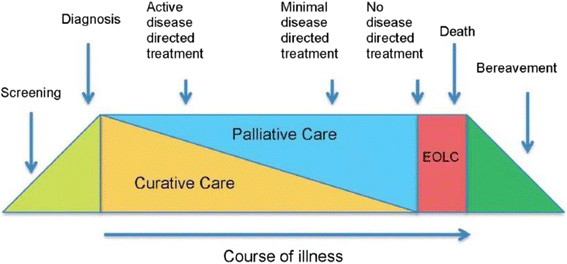Better palliative care for people with a dementia: summary of interdisciplinary workshop highlighting current gaps and recommendations for future research
- PMID: 28705196
- PMCID: PMC5512895
- DOI: 10.1186/s12904-017-0221-0
Better palliative care for people with a dementia: summary of interdisciplinary workshop highlighting current gaps and recommendations for future research
Erratum in
-
Erratum to: BMC Palliative Care, Vol. 17.BMC Palliat Care. 2017 Oct 10;16(1):51. doi: 10.1186/s12904-017-0233-9. BMC Palliat Care. 2017. PMID: 29017489 Free PMC article. No abstract available.
Abstract
Background: Dementia is the most common neurological disorder worldwide and is a life-limiting condition, but very often is not recognised as such. People with dementia, and their carers, have been shown to have palliative care needs equal in extent to those of cancer patients. However, many people with advanced dementia are not routinely being assessed to determine their palliative care needs, and it is not clear why this is so.
Main body: An interdisciplinary workshop on "Palliative Care in Neurodegeneration, with a focus on Dementia", was held in Cork, Ireland, in May 2016. The key aim of this workshop was to discuss the evidence base for palliative care for people with dementia, to identify 'gaps' for clinical research, and to make recommendations for interdisciplinary research practice. To lead the discussion throughout the day a multidisciplinary panel of expert speakers were brought together, including both researchers and clinicians from across Ireland and the UK. Targeted invitations were sent to attendees ensuring all key stakeholders were present to contribute to discussions. In total, 49 experts representing 17 different academic and practice settings, attended. Key topics for discussion were pre-selected based on previously identified research priorities (e.g. James Lind Alliance) and stakeholder input. Key discussion topics included: i. Advance Care Planning for people with Dementia; ii. Personhood in End-of-life Dementia care; iii. Topics in the care of advanced dementia at home. These topics were used as a starting point, and the ethos of the workshop was that the attendees could stimulate discussion and debate in any relevant area, not just the key topics, summarised under iv. Other priorities.
Conclusions: The care experienced by people with dementia and their families has the potential to be improved; palliative care frameworks may have much to offer in this endeavour. However, a solid evidence base is required to translate palliative care into practice in the context of dementia. This paper presents suggested research priorities as a starting point to build this evidence base. An interdisciplinary approach to research and priority setting is essential to develop actionable knowledge in this area.
Keywords: Advance care planning; Care at home; Dementia; Interdisciplinary research; Neurodegenerative diseases; Personhood; Research priorities.
Conflict of interest statement
Ethics approval and consent to participate
Not applicable.
Consent for publication
Not applicable.
Competing interests
The authors declare that they have no competing interests.
Publisher’s Note
Springer Nature remains neutral with regard to jurisdictional claims in published maps and institutional affiliations.
Figures



References
-
- National Institute for Health and Care Excellence: Dementia: supporting people with dementia and their carers in health and social care [CG42] In. NICE; November 2006 [Last updated: April 2014].
-
- Office for National Statistics: Deaths registered in England and Wales (series DR): 2015. In.; November 2016.
-
- World Health Organisation: Dementia fact sheet. WHO, 2017. http://www.who.int/mediacentre/factsheets/fs362/en/ Accessed on 05 July 2017.
-
- Pierce M, Cahill S, O’Shea E. Prevalence and projections of dementia in Ireland, 2011–2046. Trinity College Dublin: Dublin, Ireland; 2014.
MeSH terms
LinkOut - more resources
Full Text Sources
Other Literature Sources
Medical

